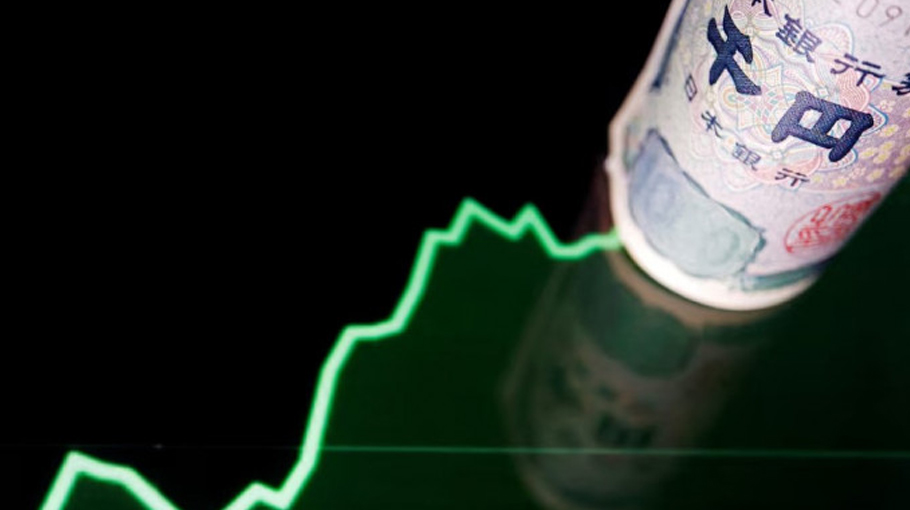Japan’s economy benefits from weak yen: IMF

A weak yen is beneficial for Japan's economy as the boost to exports exceeds the increase in the cost of imports, a senior International Monetary Fund (IMF) official said on Friday.
Nada Choueiri, the IMF's Japan mission chief, also urged Japan to raise interest rates at a gradual pace and compile supplementary budgets only when a big shock hits the economy.
"We would advise the Bank of Japan to remain cautious, as they have been so far, and to be gradual" in the pace of rate hikes, since there was high uncertainty over the inflation outlook, she said in an interview.
The yen has resumed its declines recently against the dollar on expectations that the US-Japan interest rate divergence will remain wide, posing a headache for authorities who fret of the hit to households from rising import costs from a weak yen.
But Choueiri said the benefit from rising exports from a weak yen exceeded the rising costs in imports for Japan, which is "a very outward-oriented" economy. "So, the yen depreciation on net benefits growth in Japan," she said.
The yen's falls triggered warnings from Japanese Finance Minister Katsunobu Kato, who said on Wednesday the yen's recent "one-sided, rapid" moves warranted "heightened vigilance."
"It's important to recognize that the Japanese authorities are committed to a flexible exchange rate regime," she said, when asked whether rapid yen moves would justify Tokyo intervening in the currency market.




